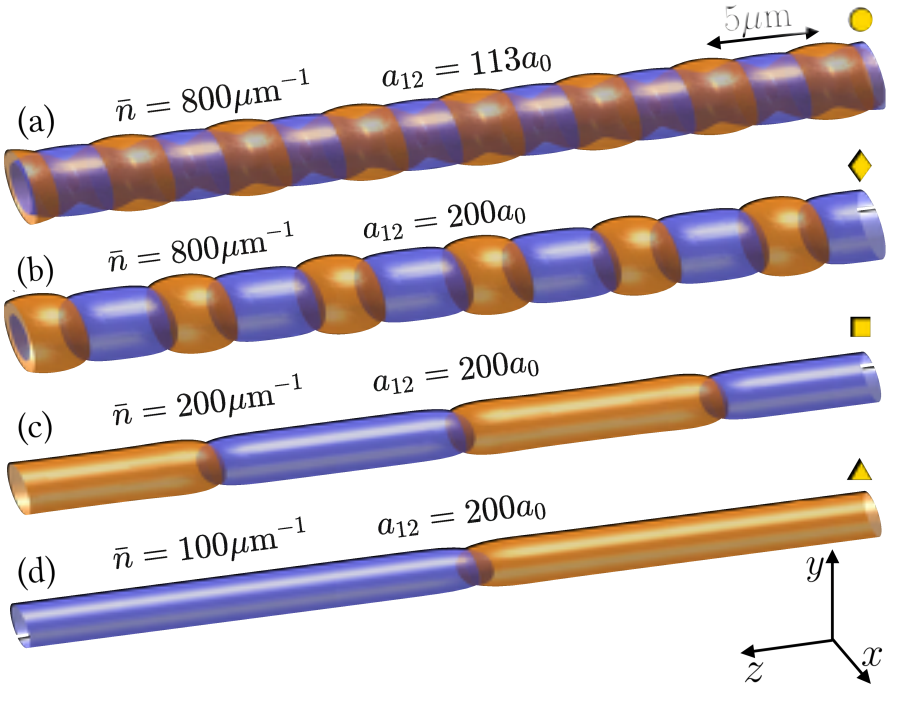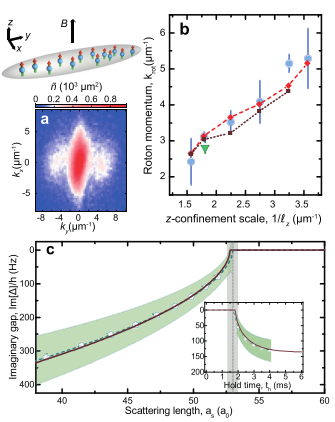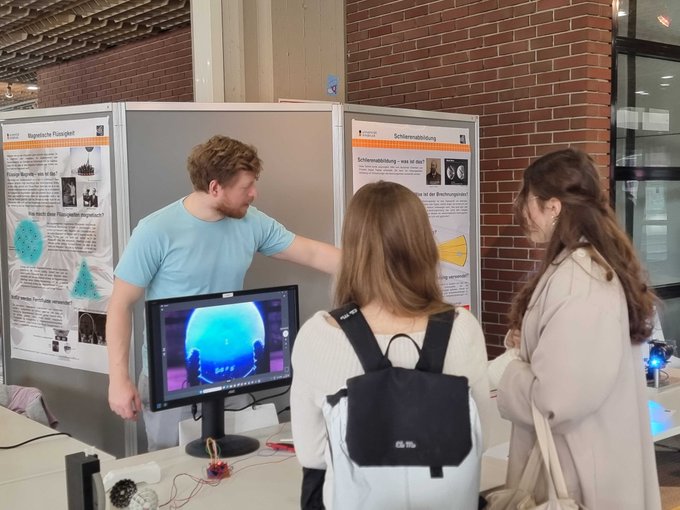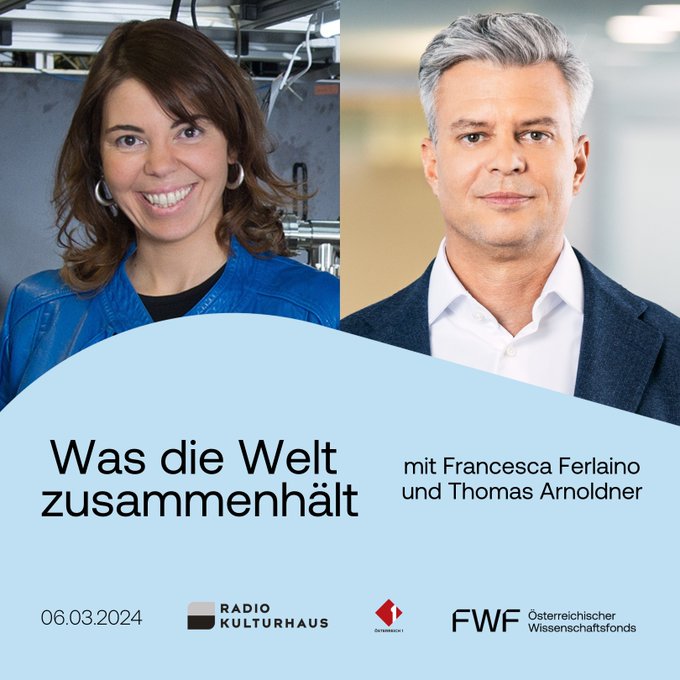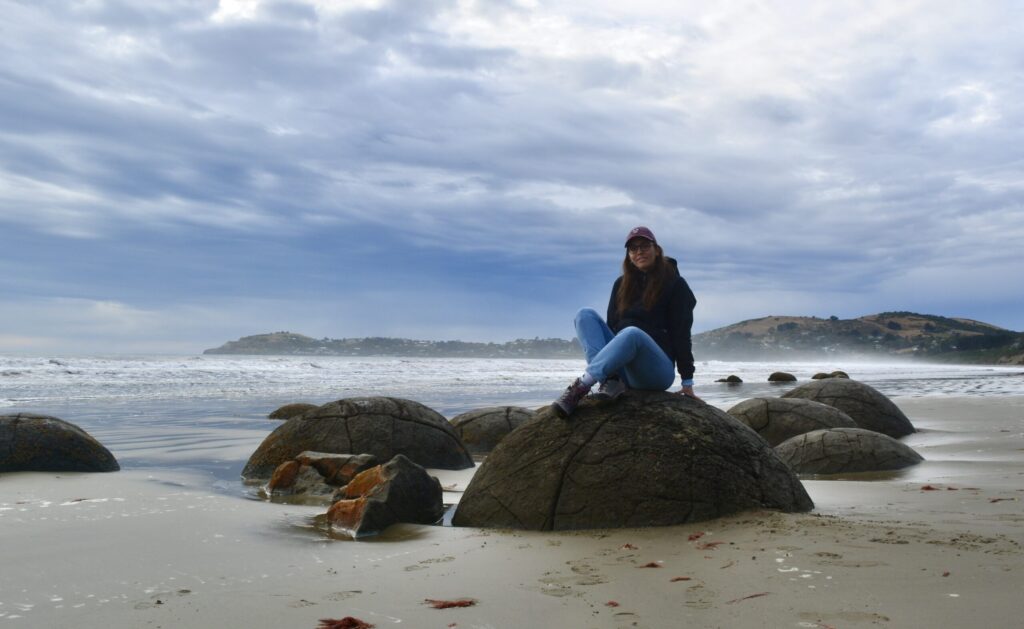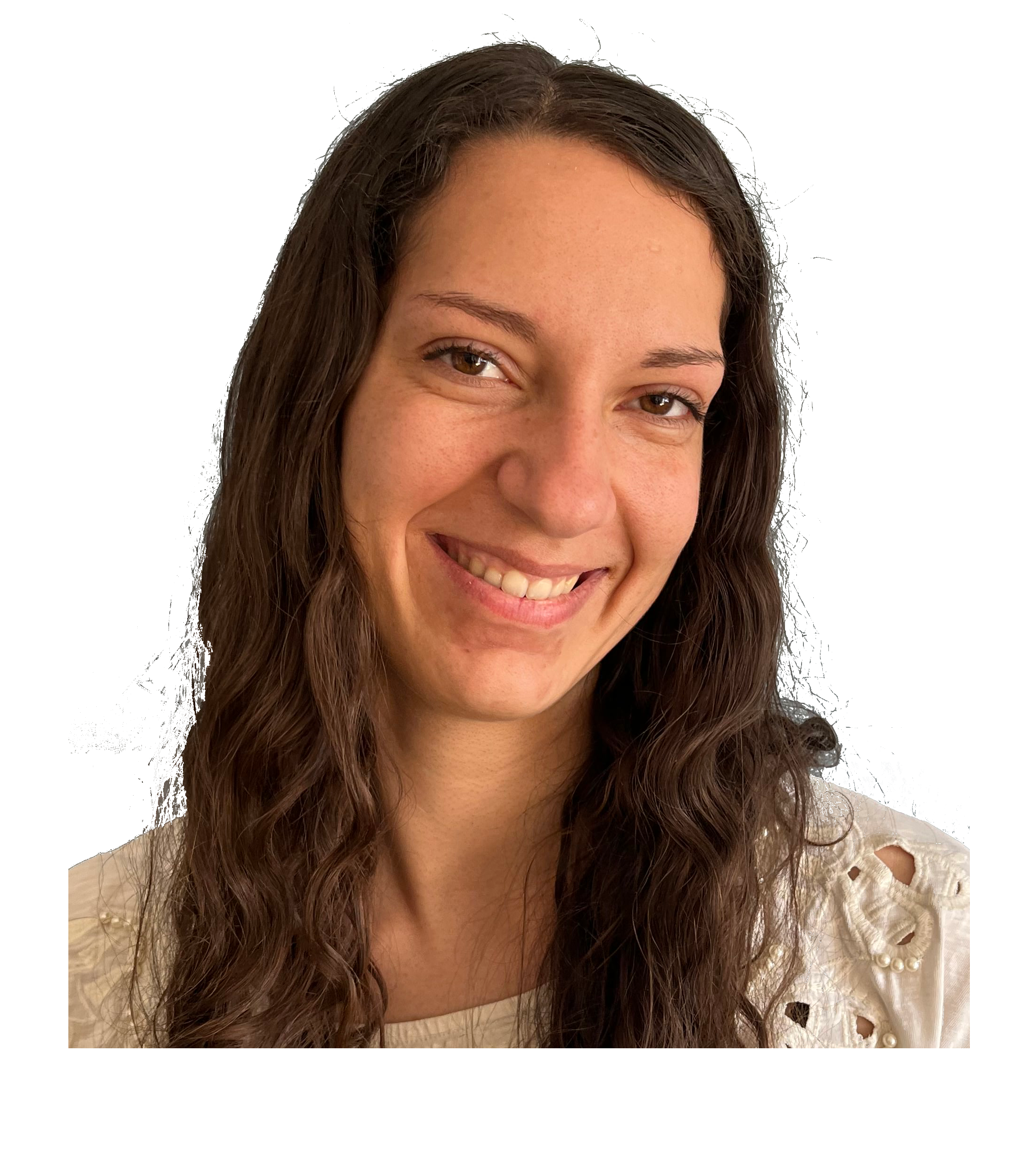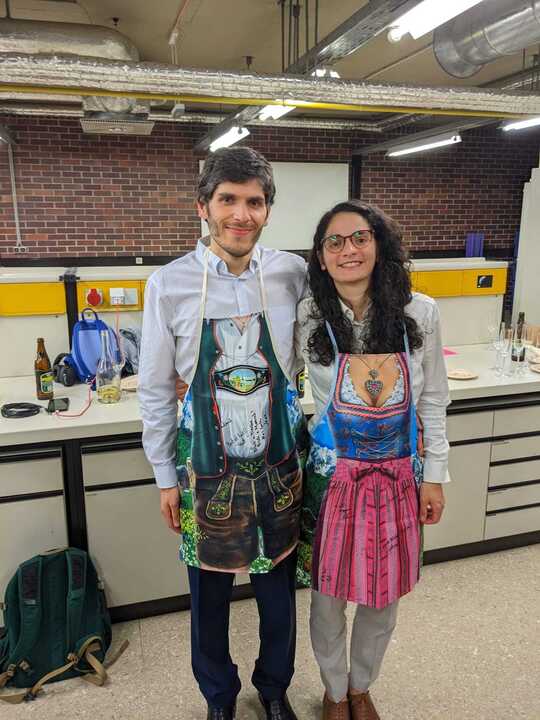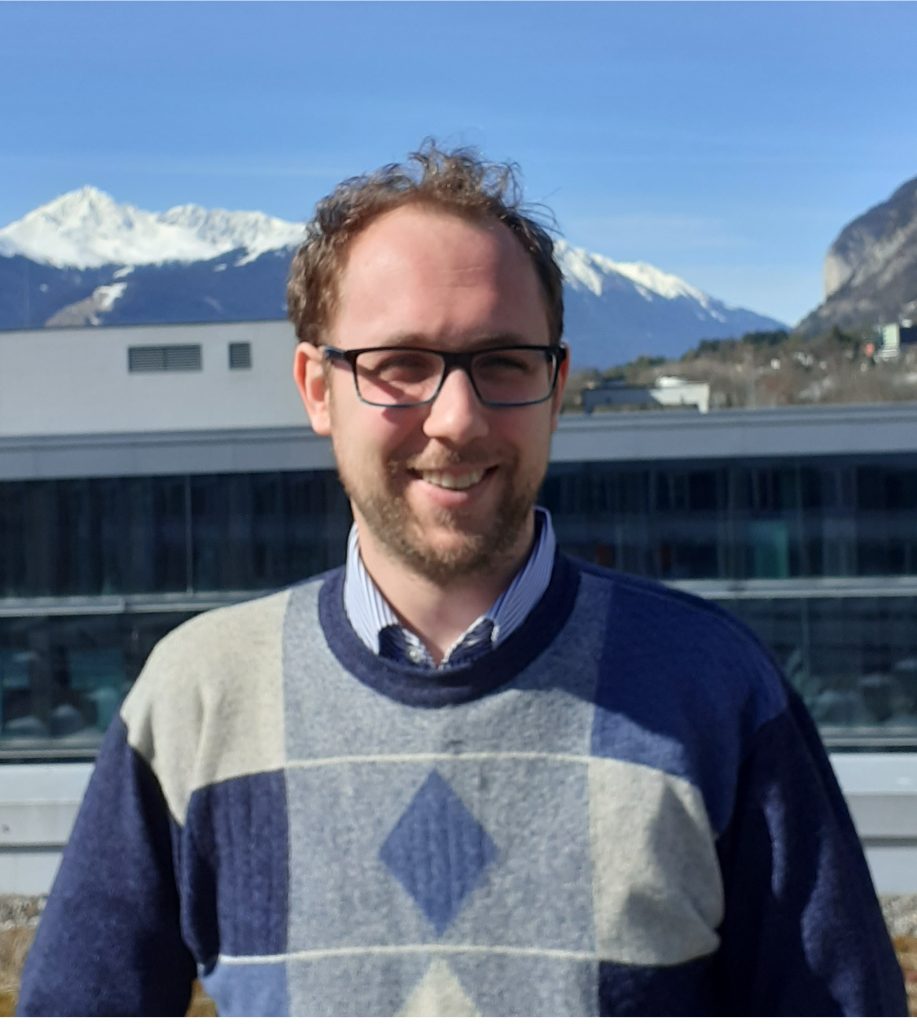
Summer BBQ
Our 2024 Summer BBQ took place on the 24th of June and celebrated the many different achievements of the group!

2024 PhD Openings!
We are happy to announce that our dipolar quantum gas group has two PhD positions open for 2024/2025!

Murder Mystery Dinner
Our 2024 group dinner took place on the 18th of January at CasoinN da Giorgio restaurant, with a 1920’s Murder Mystery theme!

Christmas celebration
Our team participated at the christmas celebration of the Institute, this time at a hut above Innsbruck!

Glitches in supersolids: links between neutron stars and quantum matter
By emulating the connection between a rotating supersolid phase and an external solid phase, we were able to replicate “glitches” – sudden jumps in the solid angular momentum driven by quantum vortices leaving the supersolid.

Cluster of Excellence Quantum Science Austria granted
Three Clusters of Excellence in Innsbruck have been funded! With highly endowed clusters of excellence, the Austrian Science Fund FWF creates Austrian flagships of basic research. The University of Innsbruck will coordinate the Cluster of Excellence for Quantum Sciences.

Atoms in Tweezers
In the T-REQS lab we have now loaded atoms in our optical tweezers.

Vortices in a dysprosium gas
By stirring the magnetic field which polarizes the atoms in a dysprosium condensate, we were able to generate vortices–tiny quantum tornadoes–in a dipolar gas for the first time!

Bloch Oscillations
By letting an erbium quantum droplet fall under gravity through an optical lattice, it is possible to understand the inter-atomic interactions and quantum fluctuations through variations of the Bloch oscillation.

ERC Advanced Grant DymetEr has been funded!
Our group studies dipolar quantum gases made of Erbium (Er) and Dysprosium (Dy) atoms. These extraordinarily magnetic species are a powerful new resource for reaching quantum simulation with strong connectivity, in which each atom is coupled to the other over long distances, and exploring exotic phases of matter that have no classical counterpart.
We have three labs: the ERBIUM LAB, where Er was Bose condensed for the first time ever, the Er-Dy LAB which studies quantum dipolar mixtures under a quantum-gas microscope, and the T-REQs LAB, where we trap Er atoms in arrays of optical tweezers for Rydberg physics. Recently, we have established a Theory Group aimed at studying and predicting dipolar phenomena in dipolar quantum gases and mixtures.
The group, led by Francesca Ferlaino, is jointly located at the Institute for Experimental Physics (IExP) of the University of Innsbruck and at the Institute for Quantum Optics and Quantum Information (IQOQI) of the Austrian Academy of Sciences, and it is part of the Innsbruck Center for Ultracold Atoms and Quantum Gases.
Follow our group’s updates on  .
.
News from the labs
We investigate the possibility of supersolidity in a binary anti-dipolar condensate!
Keep Reading ...
We review the experiments of dipolar ultracold atoms, and highlight key discoveries over the past decade.
Keep Reading ...
In the T-REQS lab we have now loaded our first atoms into optical tweezers! This is an significant step towards our goal of producing arrays of single atoms within tweezers which we will use to study the interactions of Rydberg atoms.
Keep Reading ...
Group news
Tag der MIP, the Day of Mathematics, Computer Science and Physics took place on Thursday, February 22nd, 2024, demonstrating the science done at UIBK to ~400 high-school students.
Keep Reading ...
Francesca Ferlaino will be featured in RadioKulturhaus' "Was die Welt zusammenhält" program on March 6th 2024!
Keep Reading ...
Our PhD student Elena is visiting for one month the group of Professor Blair Blakie at Otago University in New Zealand, as part of her DK-ALM research stay abroad.
Keep Reading ...
Welcome and goodbye
Welcome to Sarah Embacher, who has joined the erbium team for her Masters' thesis.
Keep Reading ...
Claudia Politi and Gabriele Natale obtained their PhD in May 2023 and are now heading to ETH Zürich to work respectivly in the groups of Prof. J. Home and Prof. T. Esslinger. We wish you great succes in your next adventures in physics!
Keep Reading ...
Welcome to Andrea Di Carli, who has joined the Dipolar team as Academy Scientist. Andrea joined us from the group of Prof. S. Kuhr at University of Strathclyde.
Keep Reading ...
![]() .
.










